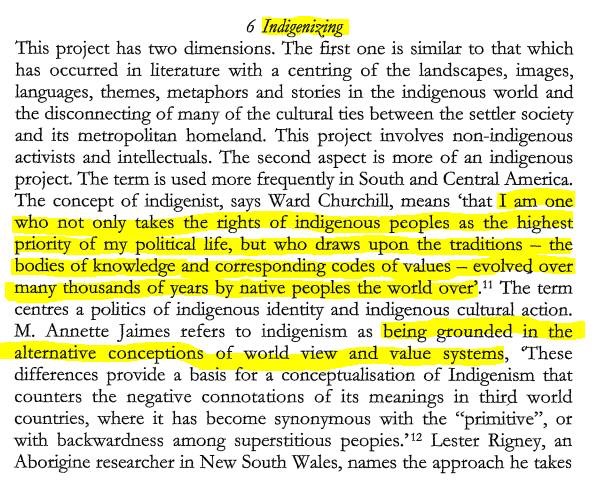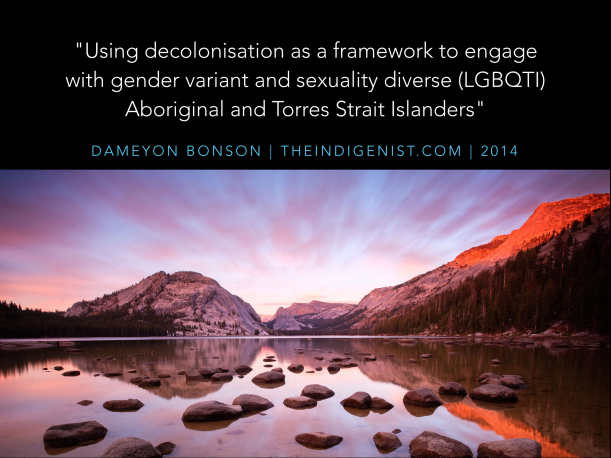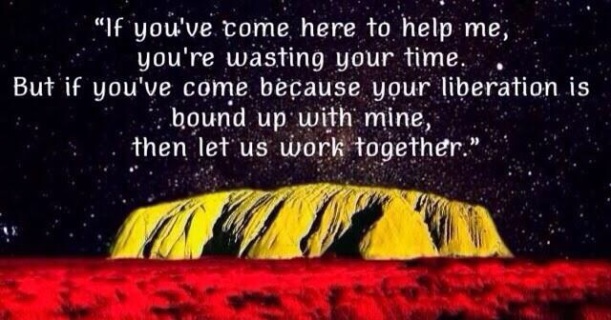“The son of legendary rights activist, Dr Gary Foley, Roxley Foley said to a large audience in Adelaide last week, “We are facing the darkest times I have known. We are facing attacks from all quarters. The (Andrew) Forrest review is one of the worst attacks I have ever seen.” – Freedom summit to galvanise First People by Gerry Georgatos
An entree to Kirrily Jordan “Andrew Forrest’s Indigenous employment project: Do the arguments stack up?“
THE FORREST REVIEW
While the Forrest Review has been billed as a review of Indigenous training and employment, it is important to note that it has clearly been framed with the specific activities of the Australian Employment Covenant and GenerationOne in mind. Its overarching purpose has been to provide recommendations ‘to ensure Indigenous training and employment services are properly targeted and administered to connect unemployed Indigenous people with real and sustainable jobs, especially those that have been pledged to Indigenous people by Australian business’ (in Forrest 2014, p. 224, emphasis added). While the jobs pledged under the Covenant are not referred to explicitly, the connection to the Covenant and GenerationOne’s VTEC model are clear.
more…
The Review states that employers have now made 61,000 pledges under the Covenant and 18,700 of these pledges have been filled. Further, it says that of the 16,000 jobs for which there are available data, 75 per cent have been retained to 26 weeks (Forrest 2014, p. 38). As noted in the previous discussion about the Covenant, these figures rely on fairly limited reporting from employers to GenerationOne, and do not identify whether the employees have moved out of unemployment to fill these positions or simply moved across from other jobs. Nor do they indicate whether the same employee has filled more than one of these positions over time. Moreover, even if we take the numbers at face value, using them to support the argument for replacing existing services with VTECs is curious because, until January 2014, the only VTEC in operation was FMG’s facility that has so far assisted around 1,000 Indigenous people into jobs (Fortescue Metals Group Ltd 2014). That would suggest that the remaining placements have been possible within existing arrangements including JSA and IEP.
FULL ANALYSIS “Andrew Forrest’s Indigenous employment project: Do the arguments stack up?”
PDF ARPA: Andrew Forrest’s Indigenous employment project: Do the arguments stack up?
PDF Creating Parity
Responses from the Aboriginal and Torres Strait Islander community and some of our true leaders.
Plea For PM To Step In And Fix Indigenous Affairs Policy And Funding Chaos
National Aboriginal and Torres Strait Islander community leaders have called on Prime Minister Tony Abbott to personally step in to address the federal Indigenous Affairs policy and funding environment, which they say is “descending into chaos”.
Representatives of the elected Aboriginal and Torres Strait Islander representative body National Congress of Australia’s First Peoples (Congress), National Aboriginal and Torres Strait Islander Legal Services (NATSILS), National Family Violence Prevention Legal Services (NFVPLS), National Aboriginal Community Controlled Health Organisation (NACCHO), Secretariat for National Aboriginal and Islander Child Care (SNAICC), and the Healing Foundation – supported by the Australian Council of Social Services (ACOSS) – met in Canberra today to discuss the detrimental impact of the 2014 Federal Budget on key organisations and frontline services.
NACCHO Response – Forrest Review, Creating Parity
However, NACCHO finds the Review lacking in key areas, and encourages the Government’s subsequent response to demonstrate greater consideration of the following:
- i) The systemic and infrastructural barriers to achieving good health and workforce participation, with reference to geographic differences;
- ii) the fundamental role of the Aboriginal Community Controlled Health Services (ACCHS) sector in addressing the critical issues raised; and
iii) the lack of focus and ongoing funding on health preventative programs and initiatives, particularly those delivered through National Partnership Arrangements.
PDF NACCHO Response Submission
Freedom summit to galvanise First People by Gerry Georgatos
The call for a National Summit of Traditional Owners announced last week by three icons of the First People’s struggle, Tauto Sansbury, Geoff Clark and Michael Mansell, has gained momentum. They have been inundated by the true leaders of First People from all around the continent. Many Elders believe there is a tumultuous political climate and that they are seeing an inevitable fast-tracked land grab by this Government and by coteries of already wealthy predatory carpetbaggers. They believe that they are at the crossroads, that if they do not stand up united and strike back that what little has been won in the last 50 years will be lost forever.
and from Croakey – the Crikey Health Blog
Indigenous leaders plea to PM Abbott to step in on “chaotic” policy, funding environment
The group issued a statement saying that, despite Government assurances to the contrary, Budget cuts to Indigenous Affairs were impairing the ability of community-controlled organisations to deliver frontline services in critical areas such as legal assistance, family violence, children, youth and women, drug and alcohol misuse, and health.





